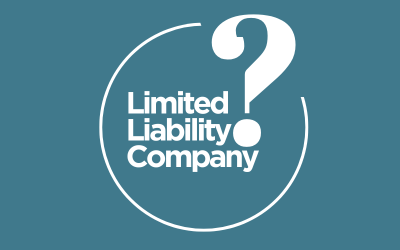Another tax time has come and gone. If you’re self-employed operating as a sole proprietor, tax time can be yet another reminder that you haven’t addressed your business structure yet. Maybe you started your business as a side project, and a sole proprietorship made sense. But is it best for your needs now?
The S Corp can lower self-employment taxes
The S Corporation can help business owners reduce their self-employment or Social Security and Medicare taxes. As an S Corporation, you’re able to split your profits into two payment types: salary and distributions. You pay social security and Medicare tax only on the salary portion. Meaning, if your business made $60,000 in profit and you pay yourself $40,000 in salary (and then get $20,000 in distributions), you’ll only need to pay the social security tax on the first $40,000.However (and this is a big “however”), you can’t just go ahead and pay yourself $5,000 in salary and $55,000 in distributions. The IRS requires you pay yourself “reasonable compensation” for what you do. And they do watch this closely, so make sure to pay yourself market rate for the services you provide to the S Corporation.
Of course, every business has a unique financial situation and it’s always wise to consult with a tax advisor or CPA on your own situation.
Protecting your personal assets
As a sole proprietor, your own personal savings and property are at risk to settle any debts or obligations of your business. Once your business is incorporated (either by forming an LLC or Corporation), it exists as a separate business entity. This means that the corporation (and not you, the owner) is now responsible for all of its debts and liabilities.
I know you don’t anticipate angering clients or defaulting on any payments, and, most likely, you’ll never encounter this kind of trouble. But things do happen. A legal business structure gives you peace of mind that your retirement savings won’t be wiped out by your business venture.
When’s the right time to incorporate?
Your corporation’s “start date” is not retroactive. Any tax benefits you might receive apply from the date you incorporated. If you incorporate on May 1, you’ll still be required to file your taxes as a sole proprietor for Jan 1–April 31, and then you’ll file a corporate tax return for the remainder of the year.
However, if you’re concerned about protecting your personal assets, or your CPA is advising you to incorporate, there’s simply no reason to wait. Now’s a great time to get your legal structure squared away and your business will be set for many tax days to come.




